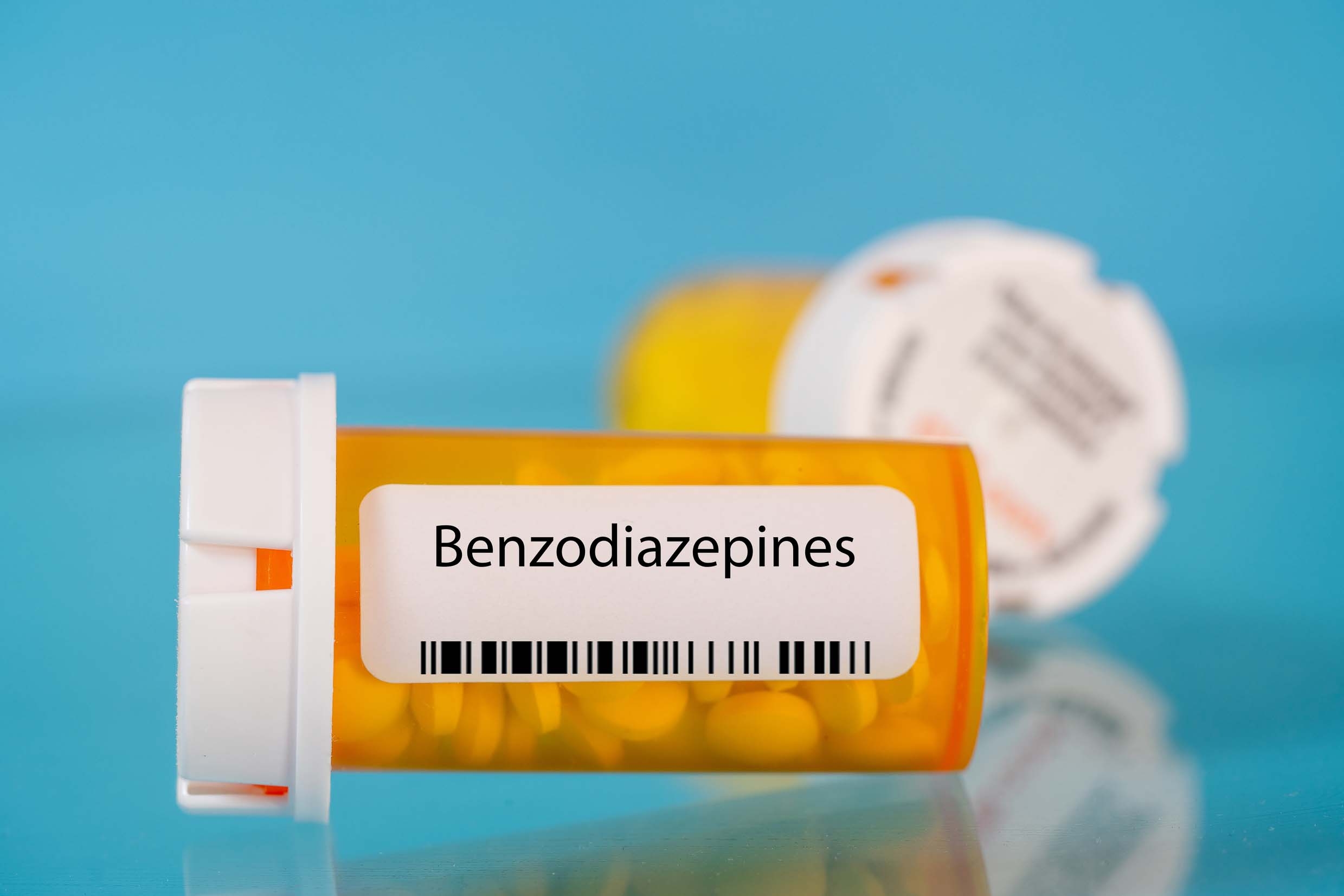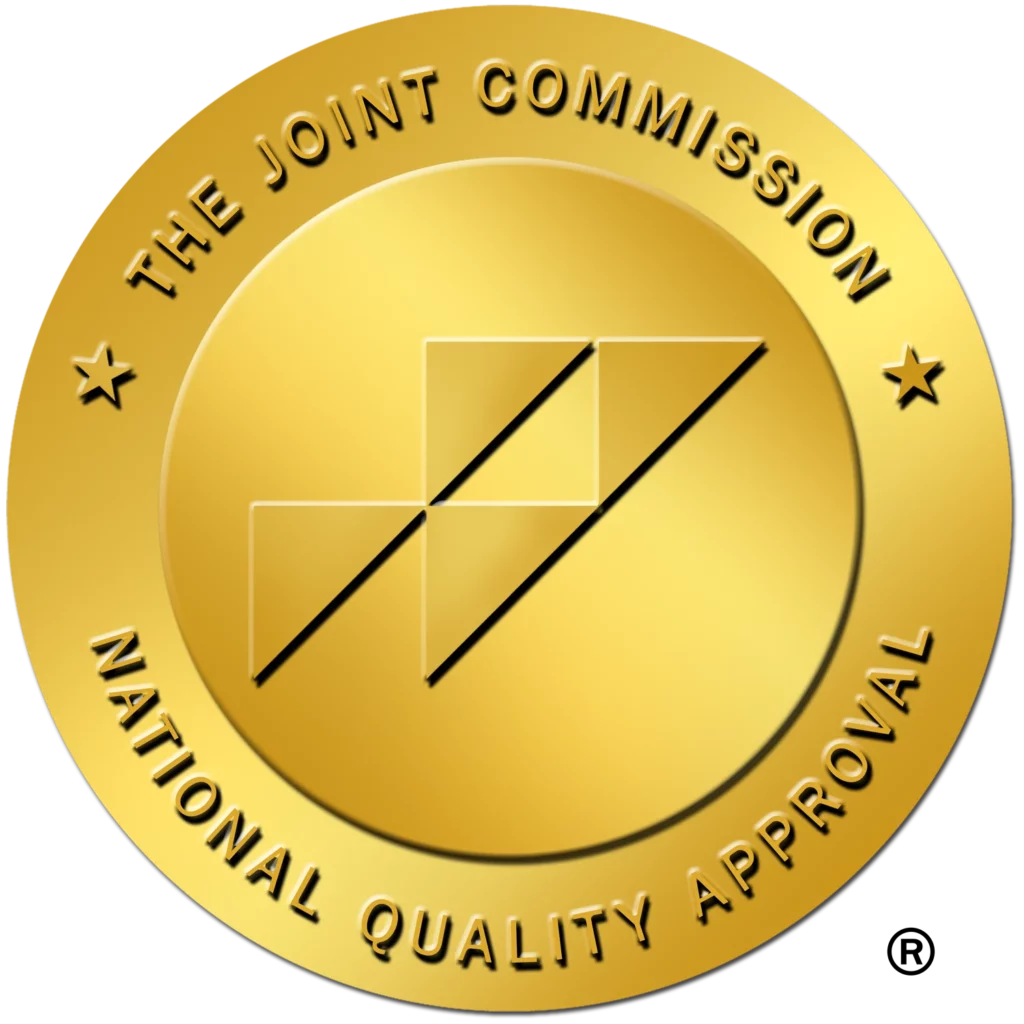Fentanyl Detox: What You Need to Know
This entry was posted in Fentanyl and tagged detoxing from fentanyl, fentanyl detox on September 25, 2023 by Justin Baksh, MS, LMHC, MCAP, Chief Clinical Officer.

In recent years, there’s been a concerning surge in the number of fentanyl-related overdoses. This is largely due to a marked increase in the availability of illicitly produced fentanyl. It is now being cut into most street drugs, and many individuals may not realize that other drugs they’re using have been laced with fentanyl, or how much of it.
Unfortunately, the drug’s potency can create a lethal cocktail. Case in point: Opioid deaths due to fentanyl mixed with stimulants skyrocketed 14,551 percent from 2010 to 2021.
In fact, opioids, including fentanyl, have been driving the overall overdose rate to new heights. A staggering 109,680 overdoses is estimated to be the count for 2022 – the highest number ever recorded. Just over 75 percent of them, or 82,998, are thought to be due to opioids. This is up from 82,310 and 70,601 in 2022.
What is Fentanyl?
Fentanyl is a powerful synthetic opioid pain reliever. It was originally designed for treating patients with severe pain, such as after surgery or for those with chronic pain conditions that don’t respond to other opioids. It is also sometimes prescribed for cancer patients and others who experience breakthrough pain, which is a flare-up of severe pain that occurs even when a person is already taking long-acting pain medication. In surgical settings, fentanyl can be used alongside other medications to help induce or maintain anaesthesia. This is due to its rapid onset and profound potency.
Why is Fentanyl Dangerous?
There are a few reasons why fentanyl has raised alarms worldwide. First and foremost is its potency. Fentanyl is estimated to be 100 times more potent than morphine and about 50 times more potent than many forms of heroin. This means even a tiny amount can cause a powerful effect. Like other opioids, fentanyl affects the part of the brain that regulates breathing. Too high a dose can slow or stop breathing, rapidly leading to fatal consequences.
The risk of overdose with fentanyl is high. It has a very slim therapeutic window. This means that, due to its potency, the margin of error between a therapeutic dose and a lethal dose is very narrow, making an accidental overdose easier.
Fentanyl is categorized as a Schedule II prescription drug, indicating that it has a legitimate medical use but also a high potential for abuse. Medical professionals prescribing fentanyl always weigh its benefits against potential risks, and, when prescribed, it’s essential for patients to follow dosing instructions carefully.
Extensive media coverage has helped to raise awareness of fentanyl’s deadliness. Now, people looking to get off of it want to know what fentanyl detox will be like.
Fentanyl Detox
Because of Fentanyl’s extreme effects on the body, especially when misused or taken in large amounts, medically supervised detox is vital. Medical detox provides a controlled, safe, and supportive environment to navigate the challenges of withdrawal. It also lays the groundwork for long-term recovery.
Why Seek Treatment for Fentanyl Detox?
Seeking treatment for fentanyl and other opioid addiction is vital. In addition to the high risk of overdose and the severity of withdrawal symptoms, opioid use carries other serious risks.
- Mental Health Implications – Chronic opioid use can lead to a range of psychological issues, including depression, anxiety, and cognitive impairments. Addressing addiction can help mitigate these complications.
- Physical Health Consequences – Prolonged opioid use can lead to various health problems, including weakened immune systems, gastrointestinal issues, and hormone imbalances.
- Social and Economic Impact – Addiction can strain personal relationships, lead to job losses, and cause financial hardships. Seeking treatment can help people rebuild these facets of their lives.
- Cycle of Dependence – Without intervention, many people find themselves in a continuous cycle of using to avoid withdrawal, leading to a deepening dependence and increased risks to their health and well-being.
- Effects of Fentanyl on the Brain – Fentanyl has a potent impact on the brain. It binds aggressively to opioid receptors, more so than other opioids. These receptors play a key role in mood regulation, pain sensation, and overall feelings of pleasure. When someone uses fentanyl, the brain can quickly become reliant on the drug to function normally, creating a strong physical dependence.
- Severe Withdrawal Symptoms – Given its potency, withdrawal symptoms from fentanyl can be intense and uncomfortable. Symptoms can include muscle and bone pain, sleep problems, diarrhoea, vomiting, cold flashes with goosebumps, and involuntary leg movements. In some cases, severe anxiety, agitation, and other psychological symptoms can also emerge.
- Respiratory Depression – Because of its effect on the area of the brain responsible for regulating breathing, a sudden cessation of Fentanyl use can lead to respiratory complications. In a detox setting, medical professionals can monitor respiratory functions, ensuring the individual remains safe.
- Risk of Relapse – Due to the severity of withdrawal symptoms, there’s a high risk of relapse for individuals attempting to quit fentanyl on their own. Relapsing after a period of abstinence can be particularly dangerous as the person’s tolerance may have been reduced, increasing the risk of overdose.
- Support and Medication – In a medical detox environment, clinicians can provide medications that ease withdrawal symptoms, making the detox process more comfortable and safer. Additionally, the supportive environment and presence of trained staff provide a foundation for the emotional and psychological challenges that come with detox.
Treating fentanyl and other opioid addictions not only addresses the immediate dangers of overdose and health complications but also offers people a path to reclaim their lives, health, and well-being.

How Long Does Fentanyl Detox Take?
The timeline for withdrawal can vary a great deal, depending on the specific form of fentanyl used and other factors, including the duration of use and the patient’s overall health.
Withdrawal symptoms typically appear anywhere from six to 48 hours and last from five to 21 days. Peak symptom times also vary, depending on the type of fentanyl used.
Some people will experience post-acute withdrawal symptoms for weeks or even months. These often include anxiety, lowered mood, depression, and issues with sleep.
People with underlying conditions, such as chronic pain, mood disorders, or anxiety disorders might have a particularly hard time with fentanyl detox, as withdrawal can intensify these other symptoms.
The Fentanyl Detox Process
Detox programs vary by facility, but the basic steps are usually similar.
- Preliminary Steps – Before detox begins, an assessment and medical evaluation are conducted to understand the patient’s usage patterns, overall health, and any coexisting medical or mental health conditions. This ensures a tailored and safe detox plan.
- Medically Supervised Detox – As we discussed earlier, this is crucial for fentanyl withdrawal given the drug’s potency. Under medical supervision, withdrawal symptoms can be closely monitored and managed, reducing the risks and making the process as comfortable as possible.
- Medications – Various medications can assist in the detox process. Methadone and buprenorphine help reduce cravings and alleviate withdrawal symptoms, while clonidine can address symptoms like anxiety or agitation.
- Therapy and Counseling – These play a pivotal role during detox. They address the psychological aspects of addiction, helping individuals understand triggers, cope with cravings, and lay the groundwork for long-term recovery.
After Fentanyl Detox: Charting the Course for Long-term Recovery
Detoxification is a monumental first step in the journey to overcome addiction, but it’s just the beginning. The path to sustained recovery extends far beyond the initial detox phase. Let’s explore the critical steps to take post-detox to ensure lasting sobriety and holistic well-being.
- Transitioning to Long-term Treatment Options – After detox, it’s vital to transition to a more extended treatment program. This provides the structured support and tools necessary to combat addiction in the long run. Long-term treatment options include inpatient rehab, outpatient rehab, and ongoing therapy.
- Inpatient vs. Outpatient Rehab – Inpatient rehab offers a residential setting where individuals can focus entirely on recovery, away from potential triggers. It typically includes medical supervision, therapy, and group sessions. Outpatient Rehab is suitable for those who have completed inpatient rehab or those with milder addictions. It allows people to stay in their homes and continue work or school while attending treatment sessions.
- Ongoing Therapy, Counseling, and Support Groups – Continued therapy and counselling are paramount. They help people address underlying issues that may contribute to addiction, as well as providing tools and strategies for recognizing and coping with situations or emotions that might induce cravings. In addition, a robust support system is vital. Surrounding oneself with understanding friends, family, or members of recovery groups can make a world of difference. Support groups like Narcotics Anonymous or SMART Recovery provide a sense of community and understanding, which is essential for long-term success.
- The Holistic Approach – True recovery touches every aspect of an individual’s being: physical, psychological, and emotional. Activities like yoga, meditation, and nutritional counselling can complement traditional therapies. A well-rounded recovery approach is key.
Fentanyl Recovery: Embracing the Lifelong Journey
Recovery isn’t a destination but an ongoing journey. While detox is a pivotal first step, the journey to recovery is long and multifaceted. By embracing a holistic approach and leaning on support systems, one can navigate the challenges and live a fulfilling life.










